SHEFFIELD, UK: Given the relatively high levels of material waste produced during the course of dental procedures, a more sustainable approach to dentistry has been advocated by many within the industry. A study from researchers at the University of Sheffield has sought to examine how the general public perceives the push for sustainability within the profession and to better understand what compromises will be accepted in the name of environmentally friendly dentistry.
The research team, which is spread across the university’s Department of Psychology and School of Clinical Dentistry, set up an online questionnaire for participants recruited via private dental practices and by other means. Data regarding the participants’ views about sustainable dentistry, as well as demographic data and information about the participants’ overall oral health, was collected between August 2020 and February 2021. In total, 344 adults responded to the survey.
Positive attitudes towards sustainability
Overall, the researchers found that participants responded quite positively to sustainable dentistry and were “moderately willing to compromise time and convenience”. In addition, they were somewhat likely to agree to pay more and receive potentially less durable dental treatment if it meant that the treatment would be more environmentally conscious. Respondents were least likely to accept compromises regarding the appearance of their teeth or their oral health status, whereas those having better self-rated oral health were more likely to view sustainable dentistry in a positive light.
“Participants’ ethnicity, level of education and employment status were not found to be associated with their attitudes towards, or willingness to make compromises for, sustainable dentistry,” the authors noted. However, they added that, similarly to the results of previous studies conducted on attitudes about sustainability, significant differences were present in accordance with age and gender. Older respondents were less likely to want to compromise their time and convenience than younger respondents, whereas women displayed more positive attitudes regarding sustainable dentistry than men did.
Survey respondents who were registered with a dentist recorded more positive attitudes towards sustainable dentistry than those who were unregistered. Whereas the frequency of dental visits did not appear to affect these attitudes among participants, the authors found that those who visited more frequently for routine dental check-ups stated that they were more likely to pay more to reduce the ecological footprint of their visits.
In their discussion, the authors recognised a number of limitations regarding their study, including the relative homogeneity of respondents, the lack of measuring household income or socio-economic status and the focus on participants’ willingness to make compromises rather than on their actual behaviour. This focus was justified by the reasoning that “there is currently little choice for the public when it comes to reducing the impact of their dental treatments on the environment”.
“[F]uture research may want to use environmental assessment (for example, Life Cycle Assessment), in order to inform which types of compromises would have a beneficial impact on the sustainability of dental services,” the authors stated. “Such research would inform what changes should be made, while our research can inform whether such changes would likely be accepted by the public,” they added.
The study, titled “Exploring attitudes towards more sustainable dentistry among adults living in the UK”, was published online on 26 August 2022 in the British Dental Journal.
Tags:
AMMAN, Jordan: The rite of passage through university education into the professional world is one that for many students is fraught with tension. ...
SEATTLE, US: Murine models have been instrumental in studying tooth development; however, significant differences in tooth shape, number of cusps, and the ...
SALÉ, Morocco: Concerns about the potential cytotoxicity and environmental impact of conventional root canal irrigants have prompted the exploration of ...
AMSTERDAM, Netherlands: Robotic technologies have long since ceased to be the stuff of sci-fi and have become a real and reliable part of many areas of ...
DOHA, Qatar: Virtual reality (VR) is rapidly gaining ground in dental training, particularly for restorative dentistry. A new bibliometric study from a team...
Translux Wave is a LED curing light for the polymerisation of dental materials such as adhesives and composites.
JERUSALEM, Palestine: A May 2020 survey asked dentists located in the West Bank area about their preparedness to resume offering routine dental care after ...
It was about 12 years ago that I first came into contact with additive manufacturing technology, also known as 3D printing. Back then it was still a ...
Interview with Markus Sebastian, SVP and MD of Align Technology EMEA
DOHA, Qatar: In the past, studies showed that the technical quality of root canal treatments performed by general dental practitioners and students often ...
Live webinar
Wed. 4 March 2026
5:00 am UAE (Dubai)
Dr. Vasiliki Maseli DDS, MS, EdM
Live webinar
Wed. 4 March 2026
9:00 pm UAE (Dubai)
Munther Sulieman LDS RCS (Eng) BDS (Lond) MSc PhD
Live webinar
Wed. 4 March 2026
10:00 pm UAE (Dubai)
Live webinar
Thu. 5 March 2026
5:30 am UAE (Dubai)
Lancette VanGuilder BS, RDH, PHEDH, CEAS, FADHA
Live webinar
Fri. 6 March 2026
12:00 pm UAE (Dubai)
Live webinar
Tue. 10 March 2026
12:00 pm UAE (Dubai)
Assoc. Prof. Aaron Davis, Prof. Sarah Baker
Live webinar
Wed. 11 March 2026
4:00 am UAE (Dubai)
Dr. Vasiliki Maseli DDS, MS, EdM



 Austria / Österreich
Austria / Österreich
 Bosnia and Herzegovina / Босна и Херцеговина
Bosnia and Herzegovina / Босна и Херцеговина
 Bulgaria / България
Bulgaria / България
 Croatia / Hrvatska
Croatia / Hrvatska
 Czech Republic & Slovakia / Česká republika & Slovensko
Czech Republic & Slovakia / Česká republika & Slovensko
 France / France
France / France
 Germany / Deutschland
Germany / Deutschland
 Greece / ΕΛΛΑΔΑ
Greece / ΕΛΛΑΔΑ
 Hungary / Hungary
Hungary / Hungary
 Italy / Italia
Italy / Italia
 Netherlands / Nederland
Netherlands / Nederland
 Nordic / Nordic
Nordic / Nordic
 Poland / Polska
Poland / Polska
 Portugal / Portugal
Portugal / Portugal
 Romania & Moldova / România & Moldova
Romania & Moldova / România & Moldova
 Slovenia / Slovenija
Slovenia / Slovenija
 Serbia & Montenegro / Србија и Црна Гора
Serbia & Montenegro / Србија и Црна Гора
 Spain / España
Spain / España
 Switzerland / Schweiz
Switzerland / Schweiz
 Turkey / Türkiye
Turkey / Türkiye
 UK & Ireland / UK & Ireland
UK & Ireland / UK & Ireland
 International / International
International / International
 Brazil / Brasil
Brazil / Brasil
 Canada / Canada
Canada / Canada
 Latin America / Latinoamérica
Latin America / Latinoamérica
 USA / USA
USA / USA
 China / 中国
China / 中国
 India / भारत गणराज्य
India / भारत गणराज्य
 Pakistan / Pākistān
Pakistan / Pākistān
 Vietnam / Việt Nam
Vietnam / Việt Nam
 ASEAN / ASEAN
ASEAN / ASEAN
 Israel / מְדִינַת יִשְׂרָאֵל
Israel / מְדִינַת יִשְׂרָאֵל
 Algeria, Morocco & Tunisia / الجزائر والمغرب وتونس
Algeria, Morocco & Tunisia / الجزائر والمغرب وتونس



























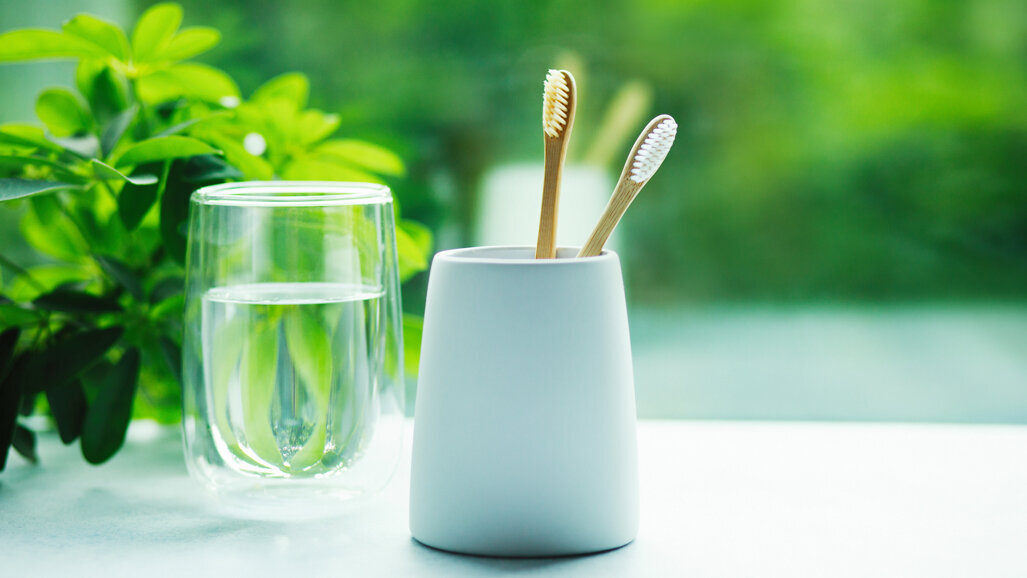




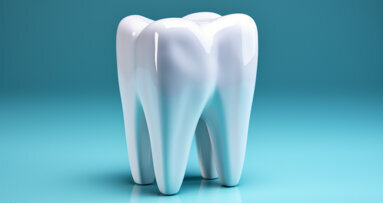




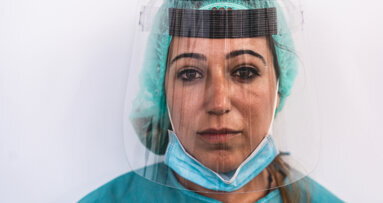
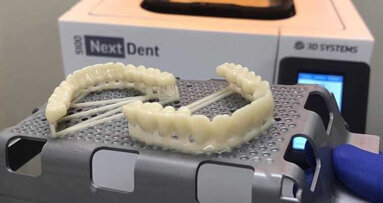
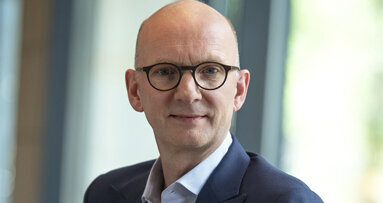
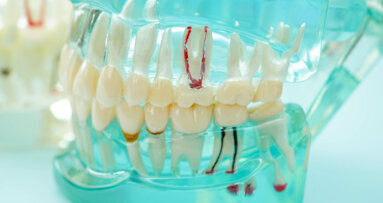















To post a reply please login or register